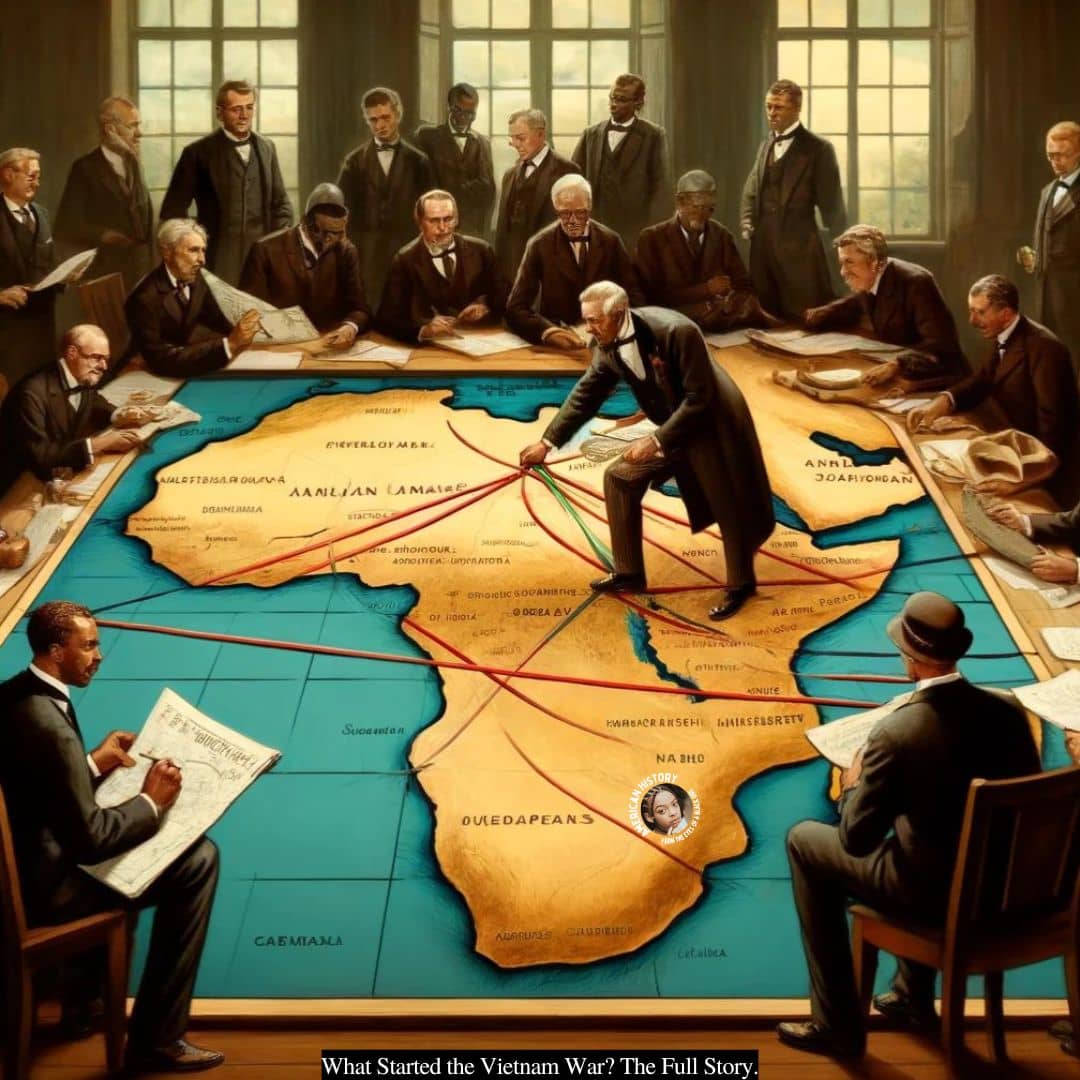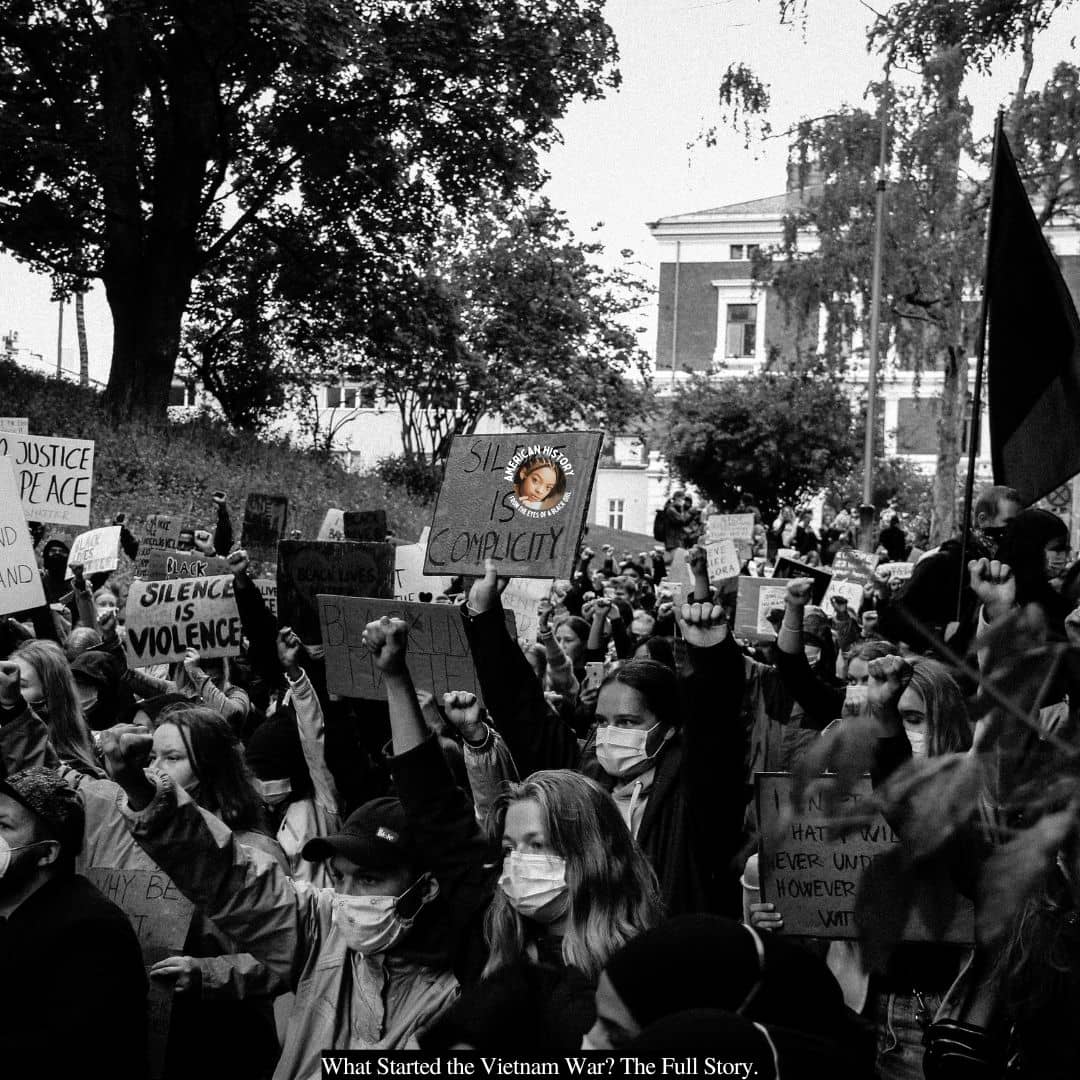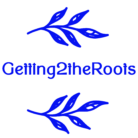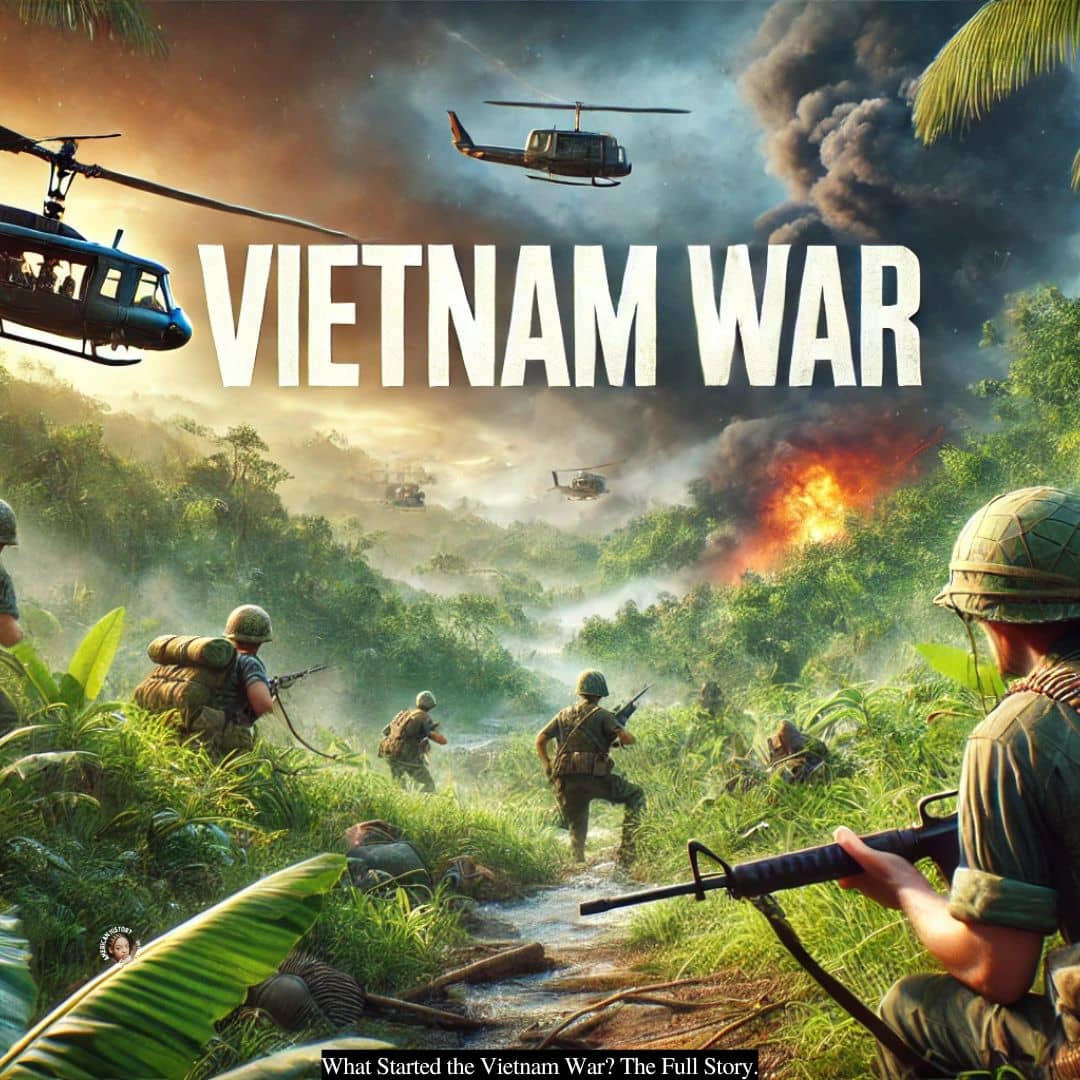What started the Vietnam War can be traced back to the mid-19th century when France established colonial rule over Vietnam.
For nearly a century, France exploited Vietnam’s resources and suppressed its culture. World War II disrupted this control when Japan seized Vietnam in 1940.
After Japan’s surrender in 1945, a power vacuum emerged. Ho Chi Minh, a dedicated communist leader, saw an opportunity. He formed the Viet Minh, a nationalist movement, and declared Vietnam’s independence.
France, unwilling to relinquish its colony, fought back. This resistance ignited the First Indochina War, a brutal conflict that lasted eight years. The turning point came in 1954 at the Battle of Dien Bien Phu, where France faced a humiliating defeat.
The Geneva Accords followed, dividing Vietnam along the 17th parallel. Ho Chi Minh led the communist North, while the South was backed by France and later the United States.
The North aimed to unify the country under communism. The South, supported by the U.S., sought to remain independent and non-communist. This ideological clash was a significant factor in what started the Vietnam War.

Major Powers Involved in the Vietnam War
What started the Vietnam War soon involved global superpowers, transforming a local conflict into a Cold War battleground.
The United States Fearful of the “domino effect” of communism spreading through Southeast Asia, the U.S. began supporting South Vietnam in the late 1950s.
Economic aid and military advisors were sent to bolster the South Vietnamese government. After the Gulf of Tonkin incident in 1964, the U.S. escalated its involvement, eventually deploying hundreds of thousands of troops.
The Soviet Union
Seeing an opportunity to expand communist influence and counter the U.S., the Soviet Union provided North Vietnam with military and economic support. This included weapons, supplies, and training.
China
Motivated by communist solidarity and regional influence, China supplied North Vietnam with military advisors, weapons, and logistical support. China’s involvement further intensified the conflict.
France
France’s desire to maintain its colonial hold reignited resistance in Vietnam. Their defeat and subsequent withdrawal after the First Indochina War set the stage for division and conflict, contributing to what started the Vietnam War.
The involvement of these major powers solidified Vietnam’s internal divisions. The Cold War context amplified the stakes, making Vietnam a focal point of global ideological struggles.

Understanding what started the Vietnam War involves recognizing the key leaders and influencers on the world stage.
U.S. Presidents
Dwight D. Eisenhower: He initiated U.S. involvement by providing economic aid and military advisors to South Vietnam.
John F. Kennedy: He increased military aid and advisors, deepening U.S. engagement.
Lyndon B. Johnson: After the Gulf of Tonkin incident, he escalated U.S. involvement by deploying combat troops.
Richard Nixon:
He introduced Vietnamization, aiming to withdraw U.S. troops and transfer combat roles to South Vietnamese forces.
Vietnamese Leaders
Ho Chi Minh: The leader of North Vietnam, his communist vision and leadership were central to the North’s strategies.
Ngo Dinh Diem: South Vietnam’s first president, his oppressive policies led to internal instability and dissent.
French Leaders
- Charles de Gaulle: His influence led to French withdrawal after defeat.
- Henri Navarre: His military leadership ended in the defeat at Dien Bien Phu.
- Georges Bidault: Played a crucial role in negotiations ending French colonial rule.
- Pierre Mendès France: Signed the Geneva Accords, officially ending French involvement.
Major International Supporters
The Soviet Union: Supplied North Vietnam with military aid to promote communism.
China: Provided material and ideological support to North Vietnam.
These figures played pivotal roles in shaping the events that started the Vietnam War.
Impact of American Tactics on the Vietnam War
- Exploring what started the Vietnam War includes examining U.S. military strategies that shaped the conflict.
- Under President Kennedy, the U.S. increased military advisors in Vietnam.
- After his assassination, President Johnson escalated involvement, especially after the Gulf of Tonkin incident.
- This led to direct military action without an official war declaration.
These missions aimed to locate and eliminate Viet Cong and North Vietnamese forces. U.S. troops would be inserted via helicopters, engage the enemy, and then withdraw.
The focus was on inflicting casualties rather than holding territory. However, this strategy often left areas unsecured, allowing enemy forces to return.
Operation Rolling Thunder (1965-1968)
A sustained bombing campaign targeting North Vietnam, it intended to cripple the North’s industrial base and supply routes.
Despite the extensive use of air power, the operation failed to break the North’s resolve or significantly disrupt their capabilities.
The Tet Offensive: In 1968, during the Lunar New Year, North Vietnamese and Viet Cong forces launched a massive, coordinated attack on over 100 cities in South Vietnam.
Although militarily repelled, the offensive shocked the U.S. public and contradicted claims of imminent victory. It was a turning point that intensified anti-war sentiment and led to questions about what started the Vietnam War and how it was being conducted.

U.S. Political Fallout from Vietnam War Opposition
The escalation of U.S. involvement in Vietnam led to widespread domestic opposition, deeply affecting politics and society.
Anti-war movements gained momentum with significant events like the March on the Pentagon (1967) and the Moratorium to End the War in Vietnam (1969).
College campuses became centers of protest. The tragic Kent State shootings in 1970, where National Guardsmen killed four students, highlighted the nation’s deep divisions.

Political Repercussions
- Growing opposition influenced political decisions. President Johnson chose not to seek re-election in 1968.
- The war heavily impacted the presidential elections of 1968 and 1972.
- Candidates like Richard Nixon campaigned on promises to end the war, reflecting public desire for change.
The movement shifted media coverage and led to congressional hearings on war conduct. It spurred broader questioning of U.S. foreign policy and military ethics, affecting future engagements.
The war devastated Vietnamese civilians. Widespread displacement, loss of life, and destruction were rampant. The use of napalm and Agent Orange caused long-term health issues and environmental damage.
The South Vietnamese government struggled with corruption and instability, further complicating efforts to maintain control.
The conflict left lasting scars on both nations. Economic recovery in Vietnam took decades. In the U.S., the war prompted a reevaluation of foreign policy and a more cautious approach to international conflicts, altering perceptions of what started the Vietnam War.

How Did the Vietnam War End?
Understanding what started the Vietnam War also involves examining how it ended.
President Nixon introduced Vietnamization, aiming to withdraw U.S. troops and empower South Vietnamese forces.
The goal was to equip and train them to handle the conflict independently. In 1973, the Paris Peace Accords were signed, officially ending U.S. military involvement. By 1975, all American troops had left Vietnam.
The Fall of Saigon
After the U.S. withdrawal, North Vietnam launched a major offensive in 1975. The South Vietnamese forces, lacking U.S. support, couldn’t withstand the attack. Rapid advancements by the North led to the encirclement of Saigon.
In April 1975, chaotic evacuations of American personnel and some South Vietnamese took place. Iconic images of helicopters lifting people from rooftops symbolized the desperate end.
On April 30, North Vietnamese troops entered Saigon. The South Vietnamese government surrendered unconditionally.
This event marked the end of the Vietnam War. Vietnam was reunified under communist rule, and Saigon was renamed Ho Chi Minh City.
The fall of Saigon was a direct consequence of the factors that started the Vietnam War and the eventual withdrawal of U.S. support.
Post-war, both Vietnam and the United States faced significant challenges stemming from what started the Vietnam War.
Impact on U.S. Veterans
Over 58,000 U.S. soldiers died, and 153,000 were wounded. Veterans faced difficulties readjusting to civilian life. Many suffered from Post-Traumatic Stress Disorder (PTSD), often undiagnosed at the time.
Exposure to Agent Orange led to long-term health issues, including cancers and birth defects in their children.
Returning veterans encountered a society divided over the war.
Lack of support and recognition exacerbated their struggles. Substance abuse and unemployment were common problems.
Impact on Vietnam
Vietnam grappled with immense loss of life and infrastructure destruction. Environmental damage from chemicals like Agent Orange affected health and agriculture. Unexploded ordnance continued to pose risks.
Many Vietnamese fled the country, fearing persecution under the new regime. Known as “boat people,” they resettled in nations like the United States.
Strained Relations and Legacy
Diplomatic relations between the U.S. and Vietnam remained strained but have improved over time. The war prompted widespread disillusionment in the U.S., leading to a more cautious foreign policy approach.
The challenges faced by veterans raised awareness about their needs, resulting in improved support systems.
The war’s legacy influenced both nations profoundly, stemming from the complex factors that started the Vietnam War.
A Different Kind of War: The Unconventional Battlefield
The Vietnam War presented unique challenges, highlighting the difficulties inherent in what started the Vietnam War.
- The Viet Cong employed guerrilla tactics, blending into the civilian population.
- This made it hard for U.S. forces to identify the enem.
- The dense jungles provided cover for ambushes and booby traps, increasing U.S. casualties and frustration.
- The Viet Cong’s extensive tunnel networks allowed them to move undetected and launch surprise attacks.
- U.S. forces used Agent Orange to defoliate jungles, aiming to eliminate cover for the enemy.
- However, this caused long-term environmental and health issues.
Helicopters became vital for troop movement and medical evacuations. Napalm was used extensively, causing severe burns and destruction.
These factors exposed the limitations of conventional military power against guerrilla tactics. The war became a stalemate, leading to questions about the strategies employed and what started the Vietnam War.

What Makes Guerrilla Warfare So Challenging?
Guerrilla warfare posed significant obstacles for U.S. and allied forces.
The Viet Cong’s ability to disappear into the landscape made traditional combat ineffective. Hit-and-run tactics kept U.S. forces off balance. The psychological stress of an unseen enemy lowered morale.
Both sides adapted tactics. The Viet Cong’s use of tunnels and booby traps increased risks for U.S. troops. In response, the U.S. employed technologies like helicopters and chemical defoliants.
Technological Developments
Advancements altered warfare. Helicopters allowed rapid deployment but were vulnerable to ground fire. Weapons like napalm caused devastating effects but raised ethical concerns.
The combination of guerrilla tactics and new technologies created a complex battlefield. These challenges were deeply connected to the reasons behind what started the Vietnam War.

African Americans in War and at Home
The war disproportionately affected African Americans, both abroad and domestically.
In Vietnam African Americans comprised about 12% of the U.S. population but made up 16.3% of the armed forces in Vietnam.
They faced higher casualty rates and often dealt with discrimination within the military. Assignments to dangerous positions and limited promotion opportunities were common.
Upon returning, Black veterans faced racial inequalities and lacked access to the benefits of the post-war economic boom. High unemployment and difficulties in housing and education were prevalent.
Impact on Civil Rights
The contradiction of fighting for freedom abroad while facing discrimination at home fueled the Civil Rights Movement. Prominent figures like Muhammad Ali opposed the war, highlighting injustices.
The war exposed deep societal issues, influencing political discourse and emphasizing the need for equality. These domestic challenges added another layer to understanding what started the Vietnam War.
Conclusion
What Started the Vietnam War? The Full Story reveals a conflict rooted in colonial history, ideological battles, and global power struggles.
From the French colonial era to Cold War tensions, multiple factors converged to ignite the war. The clash between communism and anti-communism, coupled with unique military challenges, led to a prolonged and devastating conflict.
The war’s legacy continues to impact both Vietnam and the United States, underscoring the profound consequences of geopolitical decisions and highlighting the complexities behind what started the Vietnam War.
Explore Black History: What Started the Vietnam War? The Full Story
Ready to explore more? Visit the History in Motion category here: History in Motion.
Don’t forget to check out my YouTube channel for videos that bring these stories to life. Together, let’s educate, inspire, and celebrate the incredible legacy of history. Visit Black History in Motion Playlist today!
Frequently Asked Questions: What started the Vietnam War?
- What were the main causes of the Vietnam War?
The main causes included Vietnam’s desire for independence from colonial rule, the division between communist North Vietnam and anti-communist South Vietnam, and the involvement of global superpowers during the Cold War. - How did the Gulf of Tonkin incident affect U.S. involvement?
The Gulf of Tonkin incident in 1964 led to the U.S. Congress passing the Gulf of Tonkin Resolution, which allowed President Johnson to escalate military involvement without declaring war. - What role did the Cold War play in starting the Vietnam War?
The Cold War intensified the conflict as the U.S., Soviet Union, and China saw Vietnam as a critical front for containing or spreading communism. - How did guerrilla warfare impact the Vietnam War?
Guerrilla tactics used by the Viet Cong made traditional military strategies ineffective, prolonging the war and increasing casualties. - What were the long-term effects of the Vietnam War on veterans?
Many veterans suffered from PTSD, health issues from Agent Orange exposure, and faced challenges reintegrating into society due to lack of support and recognition.

